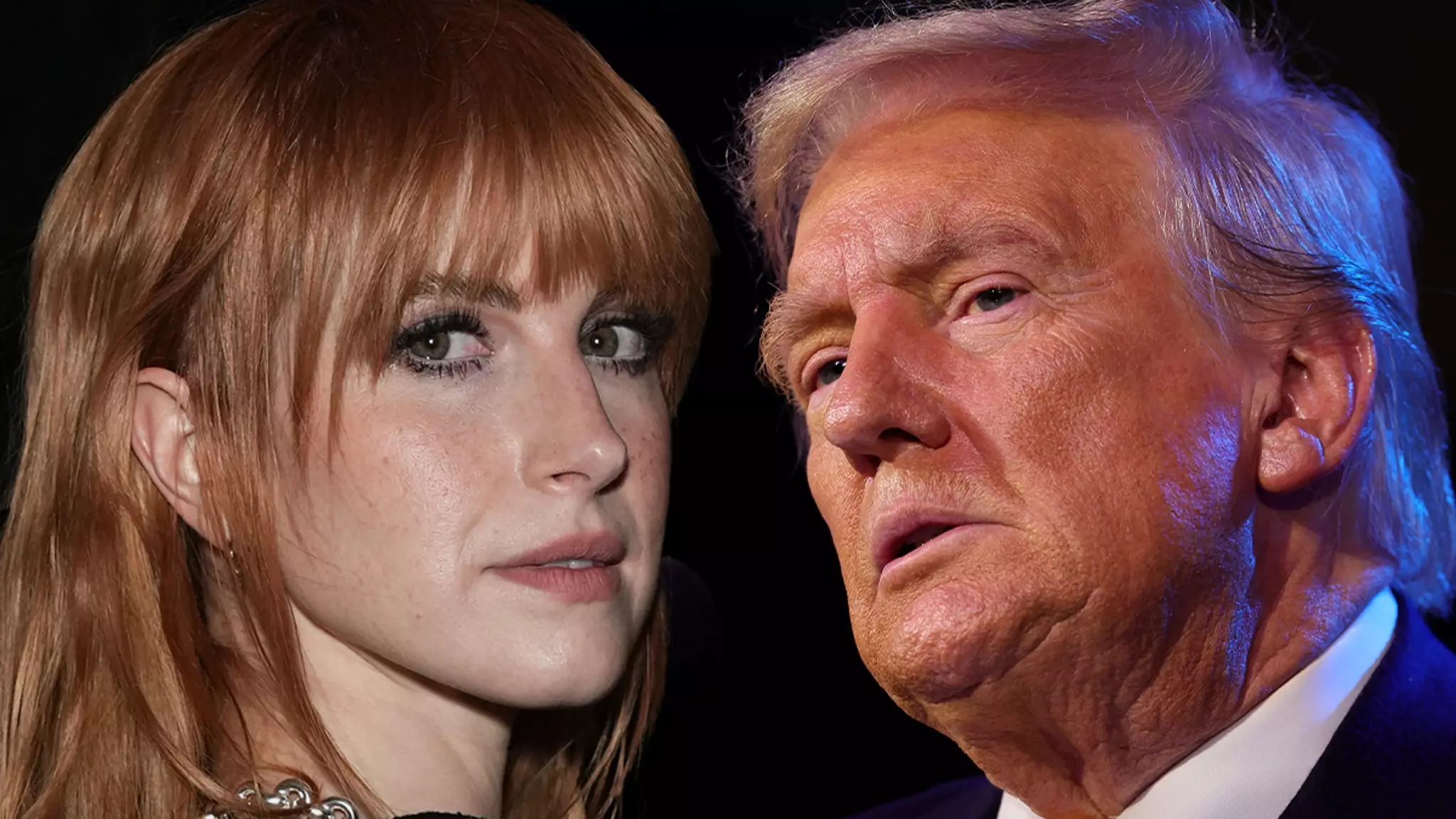In an impassioned moment during her performance at the iHeartRadio Music Festival, Hayley Williams, the lead singer of Paramore, made headlines not just for her music but for her strong political stance against Donald Trump. As the 2024 presidential election looms, Williams directly addressed the audience, urging them to actively participate in voting to prevent what she perceives as a looming dictatorship led by Trump. This event, held in Las Vegas, provided a platform for the singer to combine her musical career with a passionate plea for democratic engagement.
Williams specifically criticized a plan known as Project 2025, a controversial initiative backed by the Heritage Foundation, which she argues lays out a framework for social control. According to Williams, this plan poses a substantial threat to marginalized communities, particularly women, people of color, and the LGBTQ+ population. By framing her remarks within the context of this initiative, Williams places herself at the forefront of political discourse in the entertainment industry, highlighting the intersections of art, activism, and social justice.
Williams’s fervent declaration against Trump ignited a divide among fans and the general public. Supporters lauded her bravery in speaking truth to power, while detractors accused her of resorting to cliched leftist rhetoric. This polarizing effect illustrates the broader cultural chasm in American politics, wherein public figures face intense scrutiny over their views, especially in a highly contentious election cycle.
Adding another layer to her critique, Williams referenced Trump’s disparaging comments about her friend, Taylor Swift. Just days prior, Trump publicly attacked Swift on social media after her endorsement of Kamala Harris. This personal connection may deepen Williams’s disdain for the former president, suggesting that her activism is not merely reactionary but stemmed from individual relationships and experiences. For many artists in the public eye, personal stakes can amplify their commitment to political causes, potentially rallying their fanbase around shared values and concerns.
Williams’s call to action serves as an important reminder of the civic duty of all Americans, especially in the face of perceived authoritarianism. By leveraging her platform as a musician, she joins a growing trend of artists using their influence to encourage their audiences to engage politically. This dialogue highlights the responsibility of public figures to harness their visibility for social change.
Ultimately, Williams’s passionate plea underscores a critical moment in modern politics, wherein artistic expression and activism intersect. As the 2024 election approaches, her remarks resonate not only within the music community but also among the broader electorate, galvanizing those who share her concerns. Whether one agrees with her perspective or not, the emphasis on voting and civic participation is a message that transcends partisan lines, urging individuals to take part in shaping the future of their country.


Leave a Reply